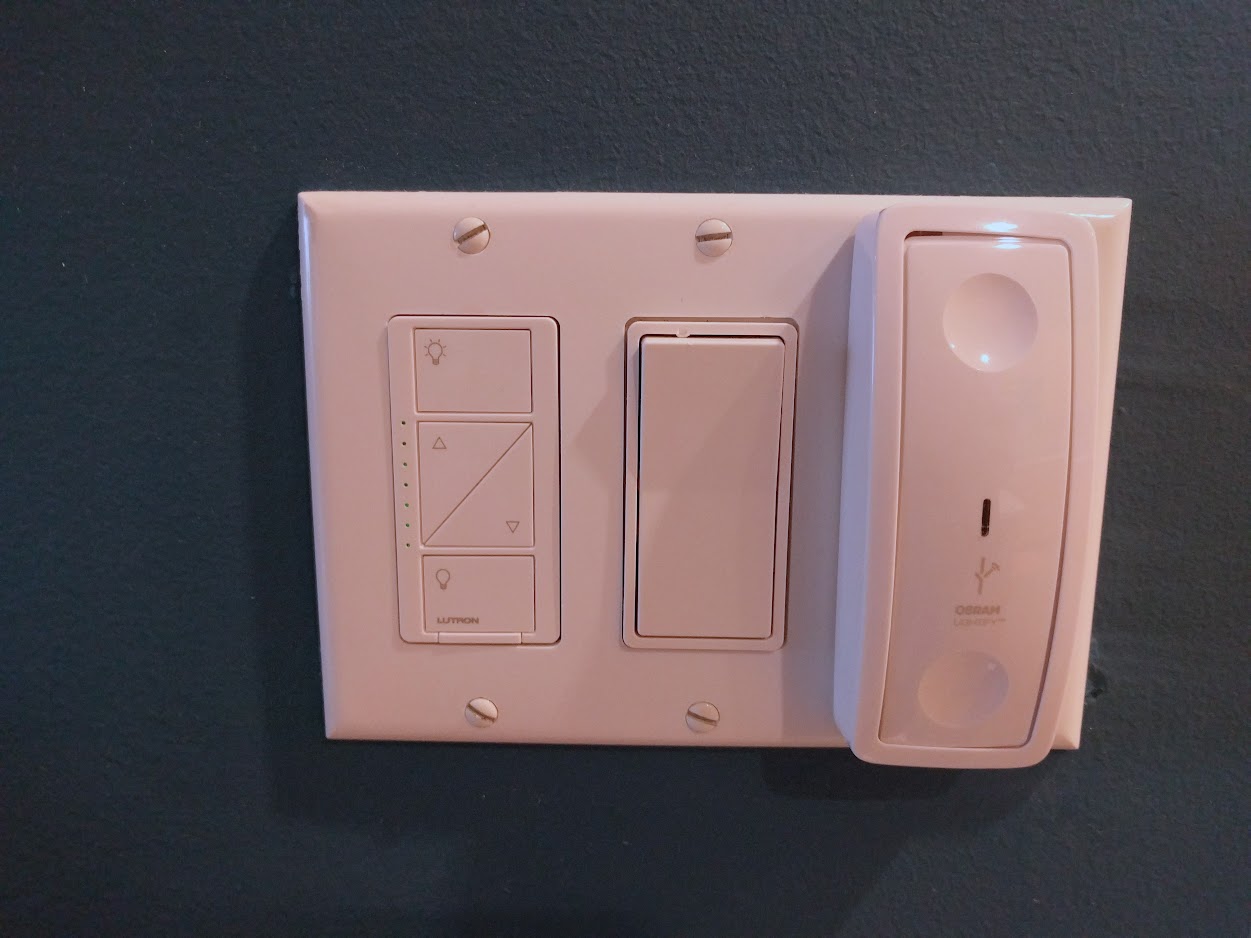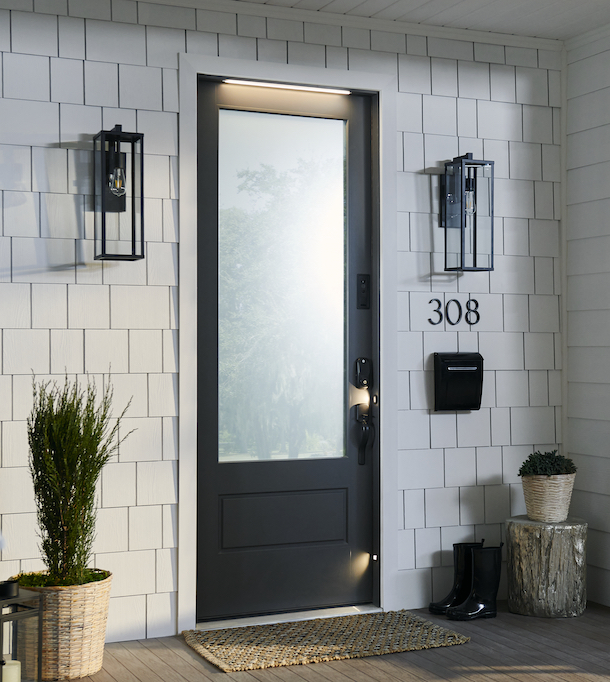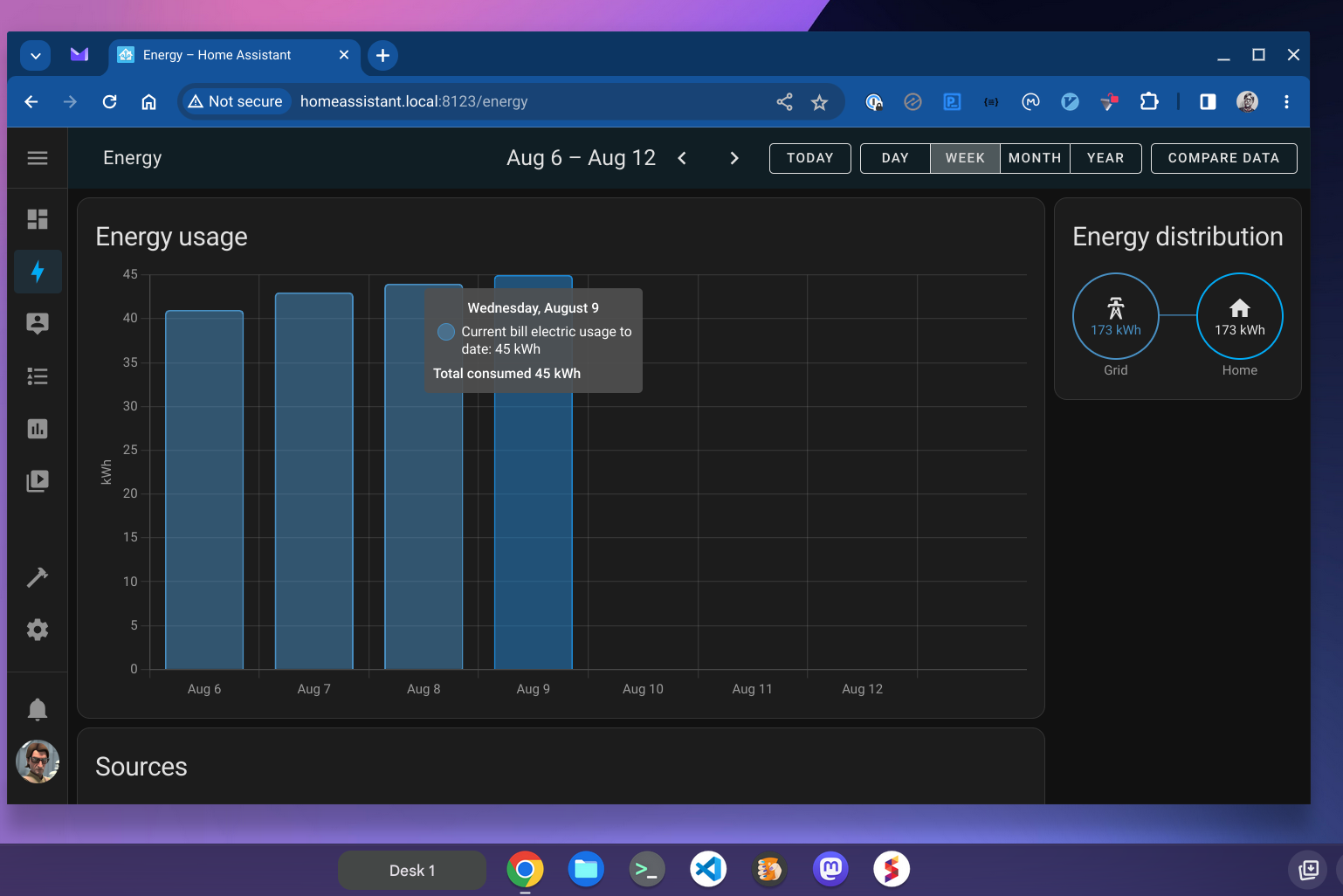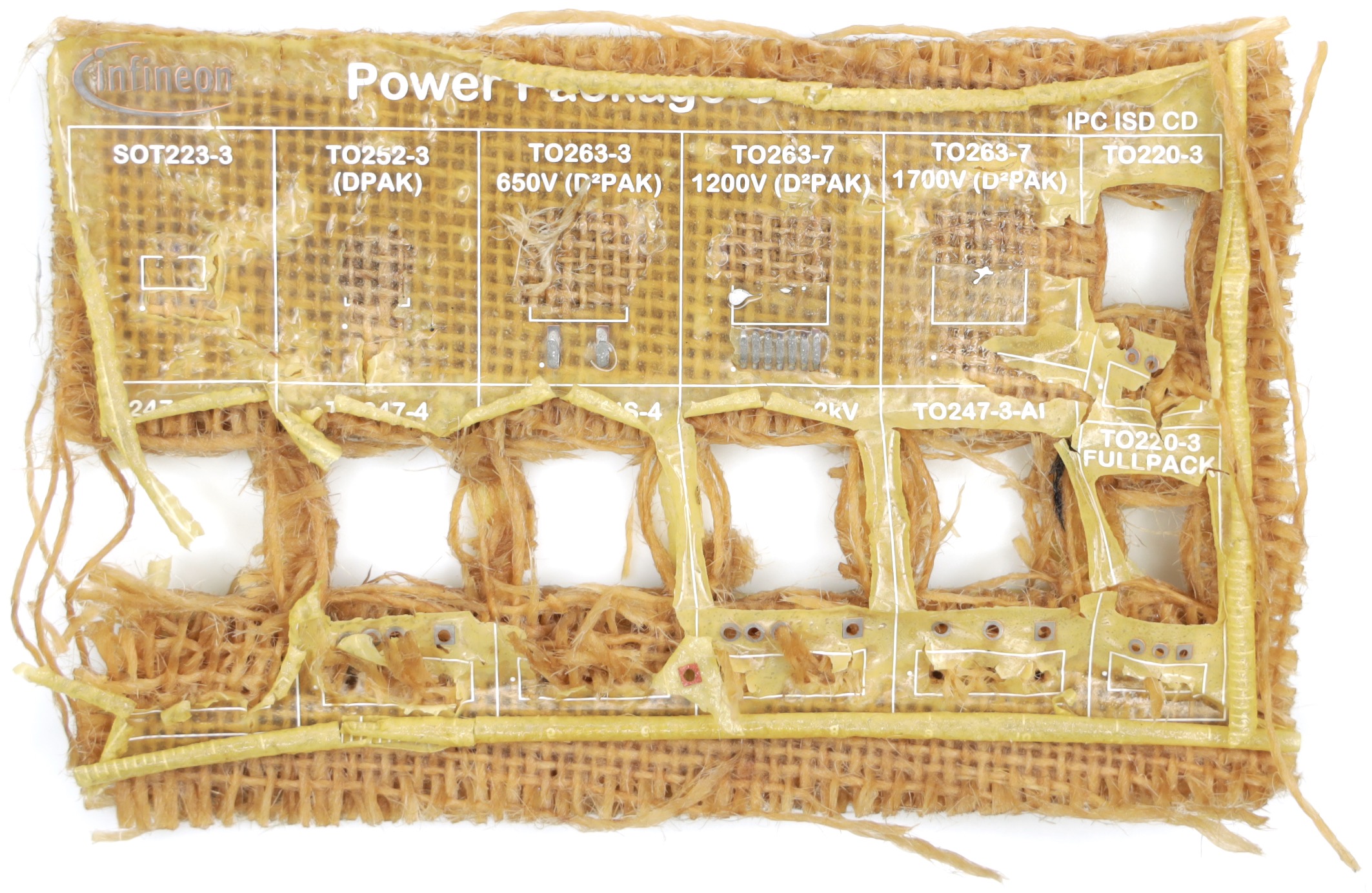This is the final episode of The Internet of Things Podcast, and to send us off after eight years, we don’t discuss the big news of the day such as Arm’s planned IPO, a new display option from Brilliant, or new gear from Leviton. Instead we share our reasons for stepping back from the show, and where we’re heading next. Also, because everyone wants some new podcasts or IoT news options, we share some of our favorite resources. On the podcast side, I sometimes listen to the Mr. Beacon Show or The IoT Podcast. We also read The Verge, TechHive, The Ambient, and The Journal of Innovation published by the Industrial IoT Consortium. We both stop in at r/smarthome and r/homeautomation on Reddit, and I’ll read anything by James Blackman over at RCR Wireless for industrial IoT news. I also check out the Axios Pro Rata newsletter from Dan Primack to see fundings and sales, and subscribe to Target is New by Iskander Smit for thoughtful takes on IoT, AI, and design. There are many other options out there, but we didn’t want to make our goodbye episode any longer. To close out the show we answered our last listener question on what we think makes a complete smart home and our thoughts on future innovation that will keep the industry moving forward.

Our guest this week is Jennifer Pattison Tuohy from The Verge. I’ve known Jenn for almost a decade from her work covering the smart home for a variety of publications. She is smart, tries everything she writes about, and has the history in covering technology to see the bigger picture. She’s on the show to talk about where the smart home is today, the state of Matter, and what business models are likely to work for connected home devices. She gives us some insights into some cool things the Connectivity Standards Alliance is planning, her thoughts about smart home infrastructure versus devices, and even shares her current smart home setup. It’s the perfect note on which to end the show.
Hosts: Stacey Higginbotham and Kevin Tofel
Guest: Jennifer Pattison Tuohy from The Verge
- Why we’re saying goodbye.
- What to read or listen to when we’re gone.
- What we’re looking forward to in IoT innovations.
- What might be next for Matter.
- What Jenn Tuohy from The Verge has in her home.
The post Episode 437: Goodbye and good luck appeared first on IoT Podcast - Internet of Things.


